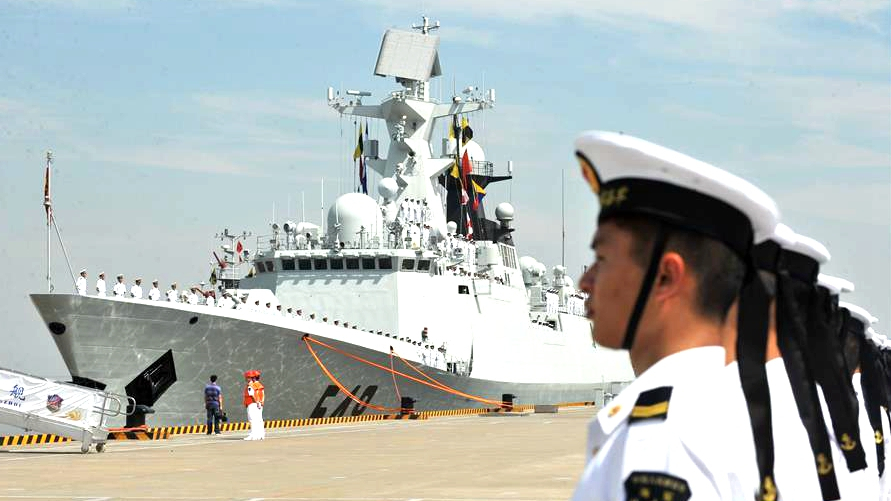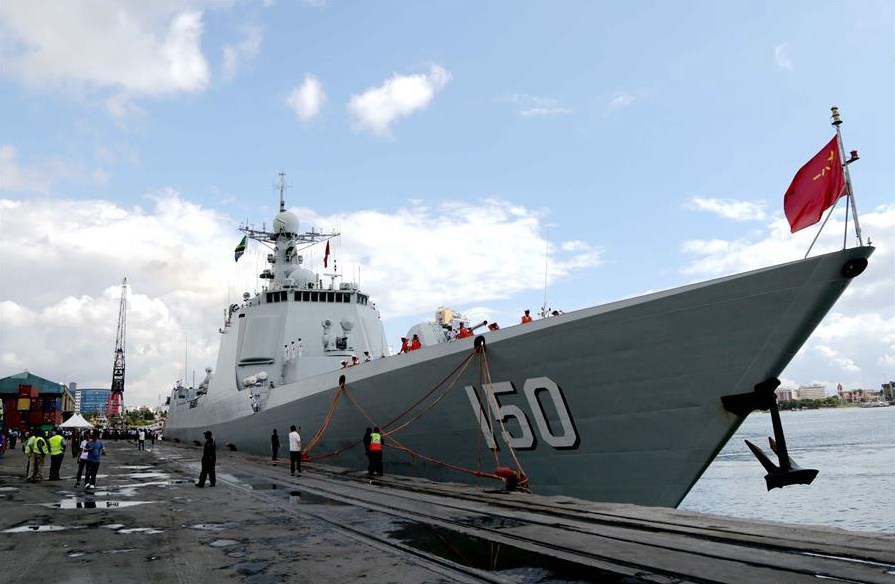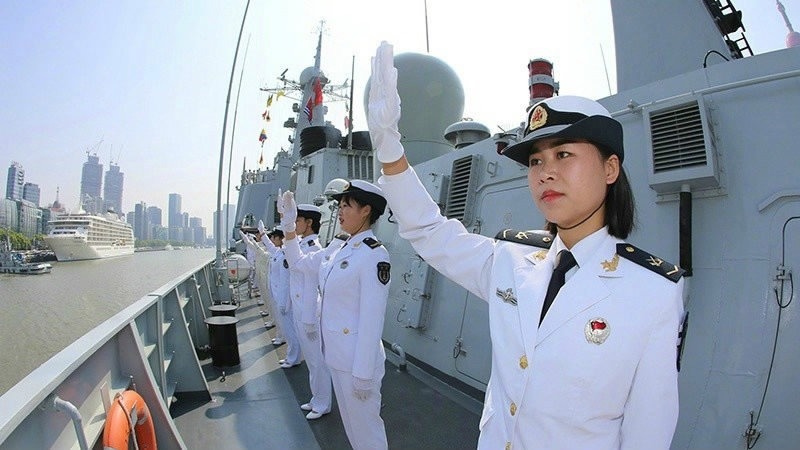
Domestic
14:10, 15-Apr-2019
Timeline: 70 years of Chinese navy
Updated
18:34, 15-Apr-2019
By Wang Mengjie, Shen Anqi
02:10

This year marks the 70th anniversary of the founding of the People's Republic of China, and April 23 marks the 70th founding anniversary of the Chinese People's Liberation Army (PLA) Navy.
The Central Military Commission has approved a multinational navy celebration event scheduled for April 23 to commemorate the anniversary.
So far, navy delegations from over 60 countries have announced their participation in the event, which will include high-level symposiums, an international fleet inspection, joint military music display, cultural and sports exchanges, among others.

Graphic by CGTN's Du Chenxin
Graphic by CGTN's Du Chenxin
1950s-1960s
Following the country's first Five-Year Plan (1953-957), China spent an enormous amount of money purchasing a number of aircraft, coastal artillery, and combat ships including destroyers, submarines, and torpedo boats.
The country also bought technologies and materials from overseas countries to build modern frigates in the mid-1950s.
The 1970s
The reform and opening-up drive in 1978 helped China upgrade its technology levels. The PLA Navy also accelerated its modernization process.

A Chinese warship is seen at the port of Dar es Salaam, capital of Tanzania, August 16, 2017. /Xinhua Photo
A Chinese warship is seen at the port of Dar es Salaam, capital of Tanzania, August 16, 2017. /Xinhua Photo
The PLA Navy gradually equipped itself with second- and third-generation missile destroyers, frigates, landing ships, mine-sweepers, and ocean supply ships.
The 1980s
The PLA Navy realized a strategic transformation to offshore defensive operations in the 1980s.
It gradually replaced coastal shore-to-ship missiles with new mobile shore-to-ship missiles.
Into the 21st century
Since the beginning of the new century, the PLA Navy has been striving to improve its capabilities of integrated offshore operations, strategic deterrence and counterattacks, to gradually develop its capabilities of conducting international cooperation in distant waters and countering non-traditional security threats, to push forward the overall transformation of the service.

Chinese sailors wave from their warship to people on the harbor before their departure from Shanghai, April 23, 2017. /The PLA Daily
Chinese sailors wave from their warship to people on the harbor before their departure from Shanghai, April 23, 2017. /The PLA Daily
Several new conventionally- and nuclear-powered submarines equipped with an ultra-long-wave communication system, tactical software and automated command systems and intelligent and precision-guided torpedoes were put into service of the PLA Navy after 2000.
The new submarines have lower noise levels and possess improved capabilities for underwater survival and defense penetration.
(With input from Xinhua)
(Cover: Chinese PLA Navy sailors stand guard as the 12th Chinese naval escort flotilla sets sail at a port in Zhoushan, east China's Zhejiang Province, July 3, 2012. /Xinhua Photo)

SITEMAP
Copyright © 2018 CGTN. Beijing ICP prepared NO.16065310-3
Copyright © 2018 CGTN. Beijing ICP prepared NO.16065310-3